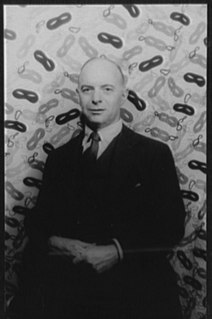A Quote by Jane Austen
It is very often nothing but our own vanity that deceives us.
Related Quotes
Pride... is a very common failing, I believe. By all that I have ever read, I am convinced that it is very common indeed; that human nature is particularly prone to it, and that there are very few of us who do not cherish a feeling of self-complacency on the score of some quality or the other, real or imaginary. Vanity and pride are different things, though the words are often used synonymously. A person may be proud without being vain. Pride relates more to our opinion of ourselves, vanity to what we would have others think of us.
Conscience is the voice of the soul, the passions are the voice of the body. Is it astonishing that often these two languages contradict each other, and then to which must we listen? Too often reason deceives us; we have only too much acquired the right of refusing to listen to it; but conscience never deceives us; it is the true guide of man; it is to man what instinct is to the body; which follows it, obeys nature, and never is afraid of going astray.
There is no true and constant gentleness without humility. While we are so fond of ourselves, we are easily offended with others. Let us be persuaded that nothing is due to us, and then nothing will disturb us. Let us often think of our own infirmities, and we will become indulgent towards those of others.

































